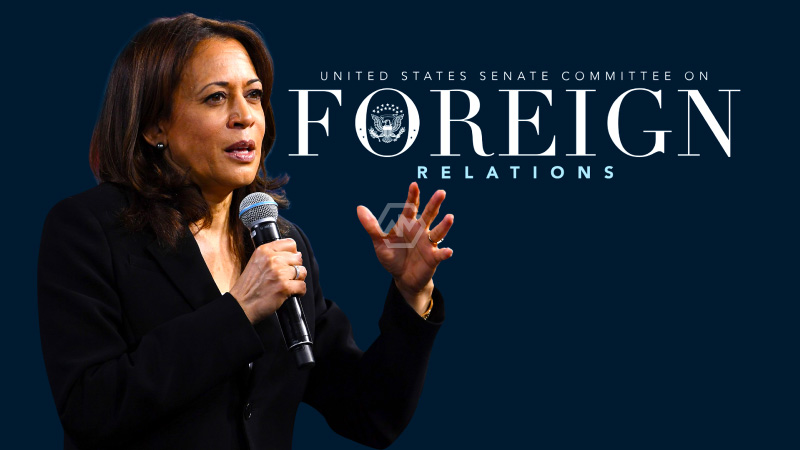- Trade and Tariffs: Advocate for fair trade while avoiding protectionism, balancing domestic and international interests.
- Geoeconomics: Address economic disparities and corporate power, integrating environmental sustainability into trade policies.
- Domestic and Global Appeal: Craft a unified vision that resonates with American workers and international partners.
Kamala Harris faces the complex task of crafting a foreign policy that aligns with both domestic priorities and global expectations. To appeal to working-class voters, she must advocate for fair trade practices and policies that bolster American manufacturing without resorting to full-scale protectionism.
This approach not only addresses domestic economic concerns but also maintains international trade relationships crucial for U.S. economic interests.
Kamala Harris’s Foreign Policy Challenge: Balancing Domestic and Global Interests
In terms of geoeconomics, Harris should focus on addressing income inequality and the concentration of corporate power, aligning with Biden’s populist economic policies while making her own mark. By integrating climate considerations into trade agreements and pushing for policies that prevent job outsourcing, she can position herself as a forward-thinking leader on both economic and environmental issues.
Internationally, Harris must project a consistent and strong stance, reaffirming commitments to alliances like NATO and addressing global challenges through diplomatic engagement. Her background in law can lend credibility to her advocacy for human rights and fair trade, reinforcing her image as a principled leader.
Ultimately, Harris’s success in foreign policy will hinge on her ability to communicate a clear, balanced vision that resonates with diverse audiences. By combining domestic economic priorities with a robust international strategy, she can build a compelling case for her leadership on the global stage.
Kamala Harris’s foreign policy strategy will need to balance domestic economic concerns with a strong international presence. By focusing on fair trade, addressing corporate power, and integrating environmental sustainability, she can appeal to a broad spectrum of voters while reinforcing U.S. leadership globally.
“The folks I’ve talked to in trade policy circles in the US are very much in wait-and-see mode about what Harris’s approach to things like Chinese dumping or new trade deals would look like.”



